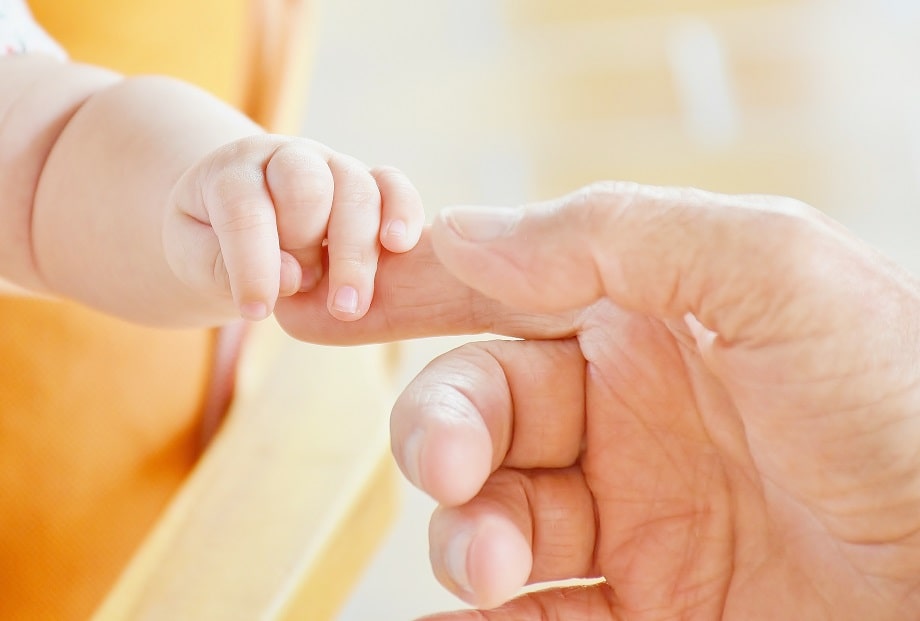
What is IVF treatment, how does it work, is there any side-effect, success rate and so on – Isn’t these questions must be running in your mind when you think for the IVF treatment, Of course, Yes it would be! IVF or any other advanced ART technique is a bit complex procedure where the woman is supposed to undergo with fertility medication and then retrieval of the eggs, and so on for the implantation procedure. IVF treatment is the best way to welcome parenthood days.
If IVF by conventional method didn’t work then there goes the combination of other ART methodology with IVF – this happens when the couple has some advanced fertility issues such as the woman unable to give healthy or quality eggs during the retrieval procedure (that might be due to poor ovarian reserve or probably the age factor), by that it would be difficult to have a quality embryo too (if fertilization happens), and this leads to the poor implantation rate result IVF failure. Hence in this case, the specialist either will go for IVF with PGD testing (of the embryos), or the experts will recommend to choose egg donor (if self-eggs are not at all capable of the fertilization). These procedures are known as advanced IVF procedure, where the doctors uses one of the ART technique with the IVF.
Let’s come to the main point of IVF Detail – like how it works and who can use this treatment to conceive
IVF is Best Suitable for
IVF treatment is best applicable for the following indication in men and women –
-
Women having obstruction in fallopian tubes (either blocked or damaged)
-
Any of the partner having chromosomal abnormality or genetic disorder and wanting not to pass to the offspring
-
Men who have low sperm count
-
Less sperm motility
-
Men who have been found complete absence of sperm count (or barely any sperm for the fertilization via ejaculation) – IVF with surgical procedure is performed during this case
-
Unexplained infertility
-
Women with endometriosis
-
Premature ovarian failure
These are some points where the specialist advice the couple to go for IVF; some of the above issues in male and female can be sorted by just applying IVF (standard procedure), while solving some fertility problems require advanced IVF method.
A couple must need to know that the cost of IVF is actually dependent upon the case of the fertility and the procedure that is performed.
IVF Procedure – Steps in brief
IVF treatment follows four to five steps starting from the ovary stimulation medication and closing up the procedure of implantation; let’s get these procedures in points –
- Initially the menstrual cycle will be suppressed using the medications prescribed by the doctor
- The woman will be given further prescription to urge your ovaries to deliver more eggs
- Ultrasound and blood hormonal tests will be given to check the improvement of the eggs
- The eggs will be gathered by a needle being embedded into the ovaries by means of the vagina
- Eggs are blended in with sperm for insemination process
- Once the fertilization becomes done, there the specialist starts the planning for embryo implantation. One or two embryos will be set go into the woman’s uterus.
After the embryo transfer, the woman need to come to the clinicwithin ten to fourteen days for taking a pregnancy test to check whether the procedure has been effective and the embryo is successfully embedded into the right place.
IVF Procedure in a comprehensive method
Ovarian Hyper stimulation
During the initial point of IVF treatment, a patient takes the fertility medication and hormonal injections that invigorate the ovaries to produce multiple and developed eggs or oocytes. In view of the lady’s age, her medical history and consequences of the underlying ultrasound and hormonal assessments, the fertility expert focus builds up a customized convention to screen and track continuous aftereffects of blood tests and ultrasound assessments. For the evaluation of the eggs, the female is required to come to the centre for the tests.
Egg Retrieval Procedure
Egg-retrieval or follicular aspiration procedure is the second step of IVF process, where the specialists from the We Care IVF Surrogacy centre treatment retrieves the eggs through a minor-surgery that is performed under the sedation. During the procedure of egg-pick up, a needle is embedded into the ovary to evacuate the eggs under ultrasound direction. The follicular liquid is then gets analyzed by an expert embryologist to isolate the eggs. These eggs are kept in the fertility lab for further process of insemination and fertilization.
Fertilization
The woman will be begun on progesterone support more than once per day after the egg-retrieval is done. Progesterone is a hormone that enhances the development of the woman’s endometrial lining so as to prepare the lining for the embryo transfer.
Simultaneously, a sperm test is performed from the semen and arranged cautiously in culture medium in a lab situation to make a move in one of IVF programs. Sperms that have been received by the partner, now will get combined with the eggs on the culture dish for the insemination procedure. During this method, the most motile and active sperm gets fused with the egg’s wall and enters into the egg’s cytoplasm for further division.
If the sperm is found to be not motile or taking time, then by ICSI technique a single sperm is directly injected into the egg- this technique boosts the fertilization without the delay.
Embryo Transfer
Embryos can be moved on day 2, 3 or 5 or in rare occurrences on day 6 after egg assortment. Embryos on day 5 are called blastocyst and if embryos arrive at the blastocyst in the research facility, the odds of accomplishing a pregnancy increment significantly.
Thusly embryo culture is evaluated and embryos can be moved on day 3 (When they become 6 to 8 cells) or on the off chance that they are of acceptable quality and can be refined to day 5 embryos (Blastocysts)
The specialist from the best fertility centre focus will move an ideal number of embryos into the lady’s uterus inside an effortless ultrasound-guided method. The doctors can cryopreserve remaining embryos, if essential.
Regular practice is to pick the two most grounded embryos for substitution however it might be progressively proper to move one or three embryo. Accomplices might be available for the embryo move.
A speculum into the vagina to see the cervix. The embryos that have been decided for move are then brought into a fine catheter tube which is gone through the passage to the cervix and onwards, into the uterus of the woman. The catheter is then gradually and deliberately pulled back and checked by the embryologist.
The technique doesn’t discomfort the patient and hardly the woman takes sedation during this process, takes around 10 minutes to accomplish.
Is there any side-effect of IVF treatment?
Experiencing the procedure of IVF can be sometimes emotionally tiring and a bit complex for couples, and thus it is needed for the couple to ask for the medical counselling by the expert. Talking about the IVF complication afterward or during the procedure, the woman might experience symptoms like headache and hot flushes from drug utilizing during the treatment.
There is likewise the danger of ovarian hyper stimulation disorder (OHSS), where such a large number of eggs create in the ovaries (for this our expert examines the patient before the ovary stimulation starts).
Ectopic pregnancies can happen as well, which is the point at which the embryo gets implanted in the fallopian tubes rather than the woman’s uterus- this case is hardly found in our clinic’s IVF programs.
Closing Lines
Talking about the success rate of not just IVF but also other fertility treatments – there gets one factor common and that is the age of the couple, majorly the woman’s age. IVF also relies on some factors to show a good success rate such as the age of the woman, healthy fallopian tube, quality of the eggs and but obvious the sperm quality. These are some significant things that can enhance the success rate of IVF and at the same time reduce the chance of positive outcome.
Hence it is recommended by the doctors to have a baby by suitable age – if one goes beyond 35, then there might be low probability to have that percentage of success rate which a younger woman (under 35) gets by IVF. So, if you are trying unprotected intercourse for more than a year (if you are below 35), then this is the time to think about fertility treatment by the recommendation of the best fertility expert under We Care IVF Surrogacy team.



